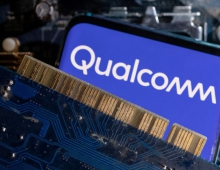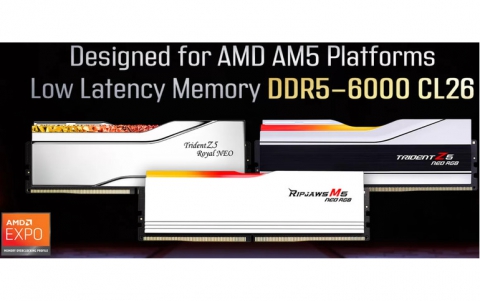
ARM Delivers Initial Server Platform Standard
ARM today announced the availability of a platform standard for ARMv8-A based (64-bit) servers, known as the ARM 'Server Base System Architecture' (SBSA) specification.
This effort included input and support from software companies such as Canonical, Citrix, Linaro, Microsoft, Red Hat and SUSE, and original equipment manufacturers (OEMs) including Dell and HP along with ARM's silicon partners.
Microsoft's participation in ARM's project is interesting because it hasn't discussed any plans to develop ARM versions of its server software, though it offers an ARM version of its client OS for tablets, Windows RT.
This specification provides a framework for the deployment of ARM architecture-based solutions in data center applications, and it will help accelerate software development and enable portability between ARM-based platforms.
Releasing the SBSA specification marks the beginning of a broader standardization activity that will simplify the development and deployment process for the entire developer ecosystem - from silicon to software, and all the way through to end-users.
The specification will define basic requirements for ARM SOC,, so that if a chip maker builds an SOC with a particular hardware accelerator, for instance, the software will be able to discover it and take advantage of it. The spec also standardizes the features that hypervisors need to target, such as the I/O components built into ARM SOCs.
The 64-bit designs are a threat to Intel, which controls more than 95 percent of the market for chips in servers that use personal-computer processors. ARM is betting that the regulated designs will be cheaper to use and create a wider market for the chips.
The move is consistent with the Open Compute Project, the industry group created by Facebook to create more efficient ways to store data online. The project' members include Microsoft, IBM along with AMD, which has announced its first 64-bit ARM processor.
Microsoft's participation in ARM's project is interesting because it hasn't discussed any plans to develop ARM versions of its server software, though it offers an ARM version of its client OS for tablets, Windows RT.
This specification provides a framework for the deployment of ARM architecture-based solutions in data center applications, and it will help accelerate software development and enable portability between ARM-based platforms.
Releasing the SBSA specification marks the beginning of a broader standardization activity that will simplify the development and deployment process for the entire developer ecosystem - from silicon to software, and all the way through to end-users.
The specification will define basic requirements for ARM SOC,, so that if a chip maker builds an SOC with a particular hardware accelerator, for instance, the software will be able to discover it and take advantage of it. The spec also standardizes the features that hypervisors need to target, such as the I/O components built into ARM SOCs.
The 64-bit designs are a threat to Intel, which controls more than 95 percent of the market for chips in servers that use personal-computer processors. ARM is betting that the regulated designs will be cheaper to use and create a wider market for the chips.
The move is consistent with the Open Compute Project, the industry group created by Facebook to create more efficient ways to store data online. The project' members include Microsoft, IBM along with AMD, which has announced its first 64-bit ARM processor.





















